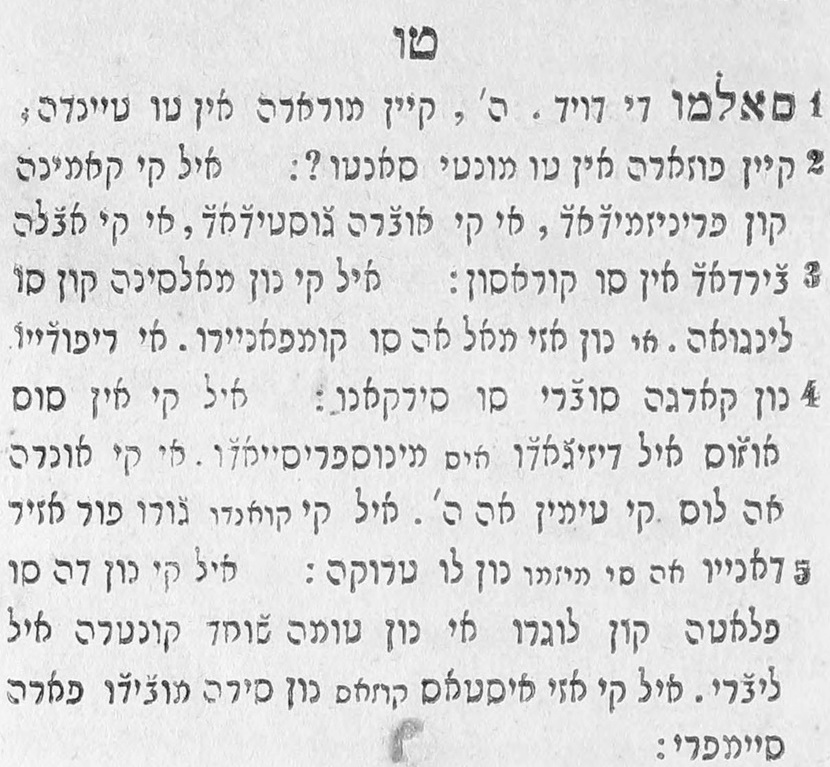TOGGLE COLUMNS (on/off):ADJUST COLUMN POSITIONS: select the column header cell and drag it where you want. show me!COPY INDIVIDUAL COLUMN(S): use CopyTables, a browser extension.
| Source (Hebrew) | Translation (English) |
|---|---|
מִזְמוֹר לְדָוִד. |
A Song of David. |
יהוה, מִי יָגוּר בְּאָהֳלֶךָ, מִי יִשְׁכֹּן בְּהַר קָדְשֶׁךָ׃ |
YHVH, who may live in Your house? Who may dwell on Your holy mountain? |
הוֹלֵךְ תָּמִים וּפֹעֵל צֶדֶק וְדֹבֵר אֱמֶת בִּלְבָבוֹ׃ לֹא־רָגַל עַל לְשֹׁנוֺ, לֹא־עָשָֹה לְרֵעֵהוּ רָעָה, וְחֶרְפָּה לֹא־נָשָֹא עַל קְרֹבוֹ׃ נִבְזֶה בְּעֵינָיו נִמְאָס וְאֶת־יִרְאֵי יהוה יְכַבֵּד, נִשְׁבַּע לְהָרַע וְלֹא יָמִר׃ כַּסְפּוֹ לֹא־נָתַן בְּנֶשֶׁךְ וְשֹׁחַד עַל־נָקִי לֹא לָקָח, |
Those who are upright; who do justly; They speak the truth within their hearts. They do not slander others, or wrong them, Or bring shame upon them. They have contempt for the lawless, And honor those who revere the YHVH They give their word, and, do not retract. They do not exploit others, they never take bribes. |
עֹשֵׂה־אֵלֶּה לֹא יִמּוֹט לְעוֹלם: |
Those who act this way shall never be shaken. |
This translation of Psalms 15 can be found in HaAvodah SheBaLev – the Service of the Heart (Kehilat Kol HaNeshama, Jerusalem, 2007). “Adonai” is used as a circumlocution for the Tetragrammaton in the English translation. I have replaced ‘Adonai’ with ‘YHVH.’ –Aharon Varady.
Source(s)


“תהלים ט״ו | Psalms 15, abridged translation by Rabbi Levi Weiman-Kelman & Shaul Vardi” is shared through the Open Siddur Project with a Creative Commons Attribution-ShareAlike 4.0 International copyleft license.





Comments, Corrections, and Queries